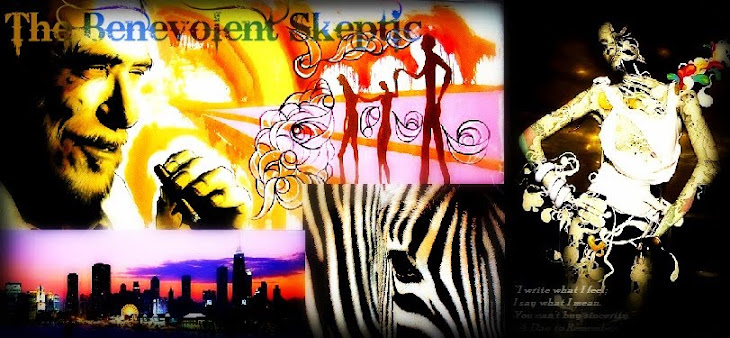Reparations for slavery came slowly after the Civil War. The NAACP, established in 1910, lobbied for action and protection against black lynchings, which were common occurrences during the turn of the century due to the large resurgence of the KKK, while Supreme Court cases like Brown v. Board of Education (1954) established civil rights. The Voting Rights Act of 1965 further secured political rights for black Americans, but widespread individual acts of racism kept the black community from these liberties and thus the black community remained, at the very least, second class citizens.
The "taboo" issues of an extremely lacking education system, severely inadequate employment opportunities, and social segregation and discrimination led many black Americans to lives of alcohol, poverty, drugs, and violent crime. This trend led to a cultural lifestyle oriented with the black American race that continues to this very day. The mainstream media fuels the idolized image of a similar evolved culture.
The racial issues of today can be broken down into these categories: The War on Drugs, The War on Terrorism, violent crimes. The War on Drugs targets mostly blacks and Hispanics. The War on Terrorism targets Middle Easterners, and violent crimes target blacks and Asians.
Today, I honestly believe that few people have issues with other people because of race. If a problem does exist, it is most likely due to the effects of a terrible socioeconomic climate. Socioeconomic issues do trend along race lines, but they are certainly not mutually exclusive. I attribute the racial trends to the catastrophic residual effects of the Civil War.
Considering the immense progress in black political rights and civil rights today since the Civil Rights movement I must concede that we have come a long, long way and should be proud of our progress. Meanwhile, this achievement should be taken with a grain of salt; keep in mind the overwhelming amount of social progress that has yet been made.
The effects of Hurricane Katrina, for example, had a huge effect on racism in the South and many hate crimes have not been reported or brought to justice to this day. This clip from Democracy Now! shows parts of a film called "Welcome to New Orleans," an in-depth documentary about the aftermath of Katrina in the 3rd Ward. Please take a few minutes to read the comments on the video as well.
http://www.youtube.com/watch?v=QolAE3VV94w&playnext=1&playnext_from=QL
Personally, I have never been afraid of blacks or even racially oriented gangs; except for white supremacists. I really struggle with the idea that white people need protection from "out of control savage minorities" because the white race has conquered
 and killed millions of people since the Roman Empire; I just do not feel like it needs protecting. The minorities victimized by the systematized racism of whites, on the other hand, deserve restorative justice. This clip is a reading of an excerpt from Ben Klassen's "White Man's Bible."
and killed millions of people since the Roman Empire; I just do not feel like it needs protecting. The minorities victimized by the systematized racism of whites, on the other hand, deserve restorative justice. This clip is a reading of an excerpt from Ben Klassen's "White Man's Bible."http://www.youtube.com/watch?v=2eo-h0KS2Kk
Even more recently, electing Obama as President was a huge step towards racial equality; however, I fear that his successes and failures have garnered as much, if not more, racism, than peace.


No comments:
Post a Comment